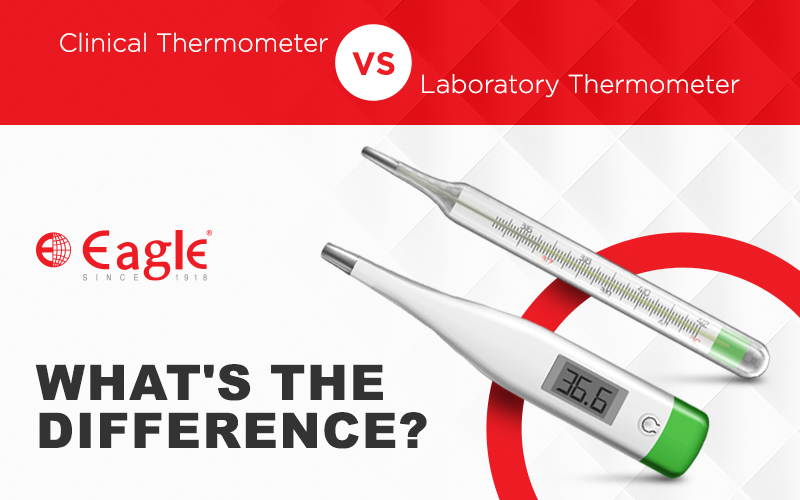
Clinical Thermometer Vs Laboratory Thermometer! What’s The Difference?
A thermometer is an invaluable tool in medical clinics and scientific research. It allows doctors to assess their patients’ body temperature with high accuracy, aiding in prognosis, diagnosis, and treatment. In laboratories, thermometers help researchers maintain the right lab temperature to ensure different experiments or lab equipment do not get affected. This way, these types […]
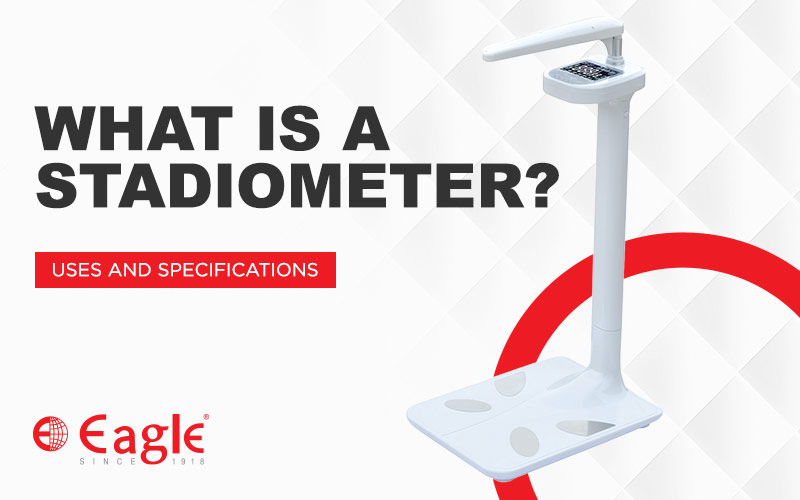
What is a Stadiometer? Uses and Specifications
Stadiometer is an important tool in medical settings that can give you an accurate estimation of a person’s height. This easy-to-use tool gives physicians a way to quickly assess the height of an individual while planning for their treatment. These vital instruments can not only increase the height measurement accuracy but they also make the […]
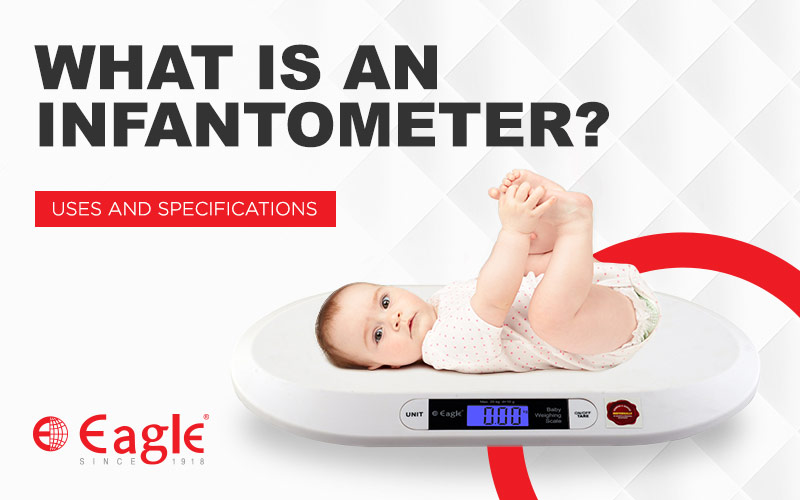
What is an Infantometer? Uses and Specifications
The health and well-being of a newborn or a young baby are extremely important. No matter whether you are running a pediatric office, maternity ward, a pediatric healthcare establishment, or you are responsible for taking care of your baby at home, you need to arrange for the right tools to do this job well. One […]
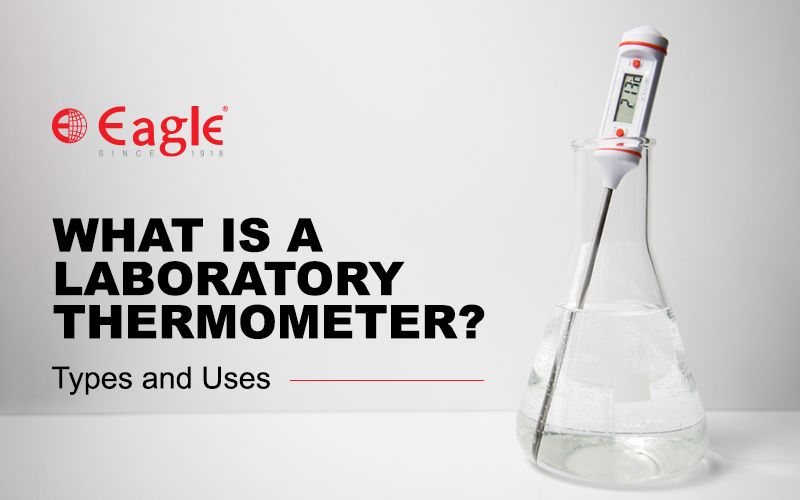
What is a Laboratory Thermometer? Types and Uses
Laboratory thermometers are high-precision and high-resistance instruments used to maintain a specific temperature in the lab or in different experiments to reduce errors. These thermometers also help you ensure all the laboratory equipment is at a safe temperature which ensures their optimum performance as well as enhances the accuracy of your research. Most laboratories use […]

Calibration of Weighing Balance: Importance and Procedure
Weighing balances need regular calibration if they are to provide you with accurate and consistent readings. Without calibration, the readings you take from a weighing scale are always uncertain and that can significantly affect your quality of work in industries like material research, clinical research, manufacturing, and chemical analysis. This blog sheds some light on […]

Lab Balances: Uses of Weighing Balances in Laboratory
Weighing balances find numerous applications in laboratory settings where they aid scientists and researchers in accurate mass measurements for several use cases. Specifically, the precision and analytical lab balances allow the laboratory workers to maintain high measurement accuracy and thus obtain reliable test results every single time. The highly sensitive and precise work being done […]
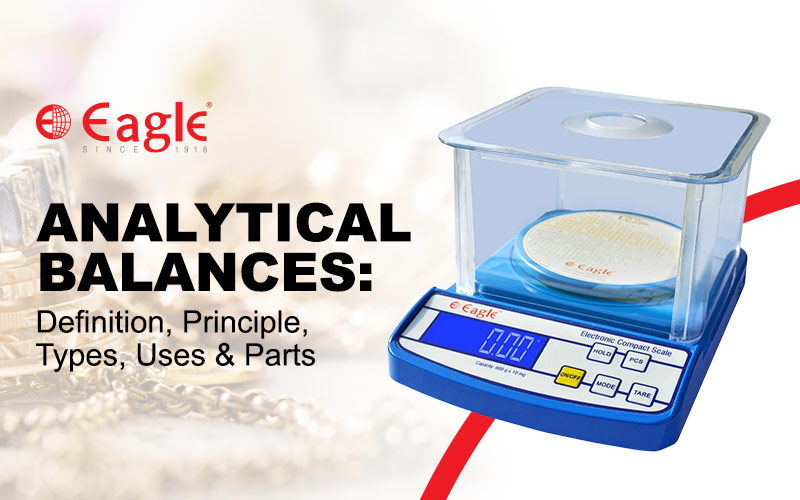
Analytical Balances: Definition, Principle, Types, Uses & Parts
Analytical balances belong to a class of very sophisticated and precise measuring devices. These highly sensitive instruments find countless applications in research centers and laboratories. These balances are extremely reliable for measuring the mass/weight of very small objects both in solid and liquid forms. This has made them popular in a variety of fields including […]

History of Biryani: From Royal Courts to Kitchen Tables
Biryani, an extremely delectable Indian cuisine, is a blend of aromatic spices, flavors, and a rich history. This iconic dish has graced tables worldwide, and every true food lover finds it a treat for their eyes and palates. Biryani has a rich history spanning across centuries and various cultures and civilizations. From the royal courts […]

Weighing Scales in the Food Industry: Compliance and Quality Control
The dynamic landscape of the food industry calls for complete compliance and quality control to ensure the safety and integrity of the food items that make it to our eating tables. Weighing scales are among the most important and primary tools that play a key role in maintaining high standards and quality in the food […]

Body Fat Scales 101: Understanding Their Working and Accuracy
Body fat scales as the name suggests are devices that you can use to measure your weight and the percentage of body fat, muscles, and water. These devices can help you estimate your body fat based on your weight and that can help you take the necessary measures to bring it to a normal level. […]




